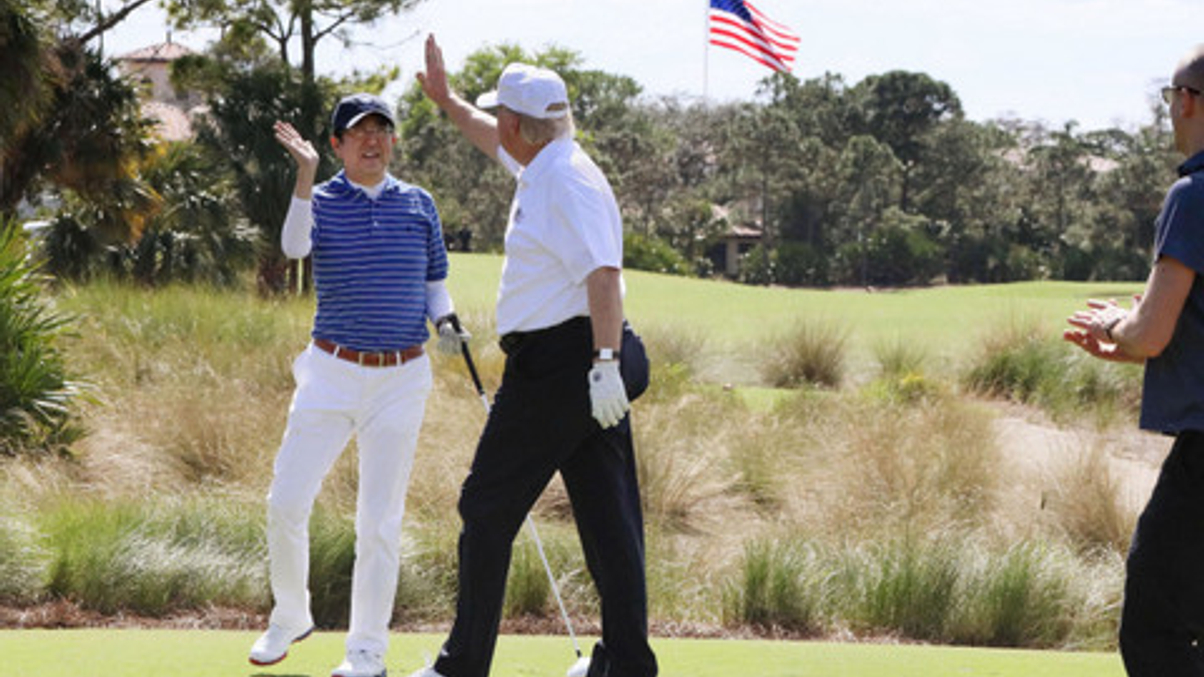AI view: Japan’s bond yield dilemma
We present the third in our series of predictions for the Year of the Rooster. Today: will the Bank of Japan be forced to re-think its 10-year bond yield target?

From an 'awkward' handshake to golf etiquette, the body language between the leaders of Japan and the US was minutely scrutinised earlier this month during President Donald Trump's meeting with Prime Minister Shinzo Abe in Tokyo.
Sign in to read on!
Registered users get 2 free articles in 30 days.
Subscribers have full unlimited access to AsianInvestor
Not signed up? New users get 2 free articles per month, plus a 7-day unlimited free trial.
¬ Haymarket Media Limited. All rights reserved.


